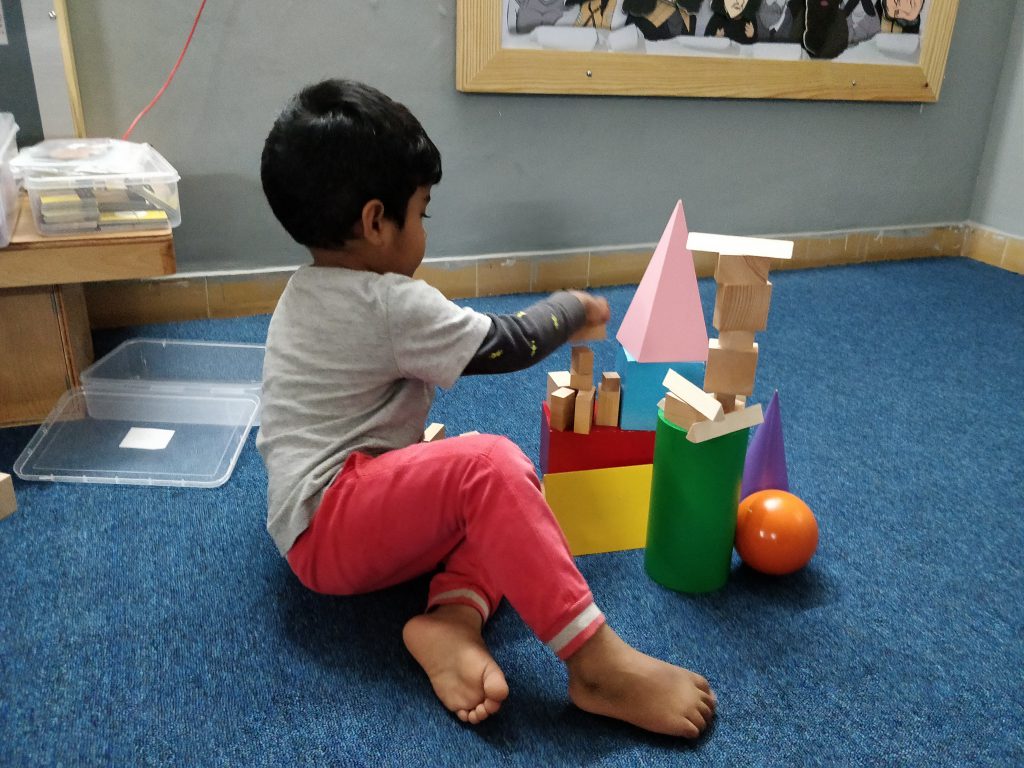Reflection
As we continue to be in a suspended state of existence with small windows of social activity, I continue my contemplation on the state of education. I found something I had written a few years ago, which I thought is worth pondering.
The term “student-centric education” is the most abused phrase in the world of education. Every school claims it in its advertisements, or in its vision statement.
Let us look at what it actually means and how far schools are from the truth in writing it in their vision and mission statements. I think it is ironic for any school that follows a standardised prescribed curriculum to claim student-centric education. The prescription of a standardised syllabus and content clearly cannot be completely student-centric. Then is it possible to get a child through a schooling system without a standardised prescribed syllabus? The answer lies in the education system followed by Finland.
When is it possible?
The idea of student-centric education is possible only when we shift focus from bombarding children’s brains with loads of information, to giving them useful skills and an engaging learning experience. How do we decide what is useful? Pretty straightforward, the skills relevant today may not be fully useful a decade later, so we should focus on allowing our students to learn how to acquire new skills quickly and how to use them effectively. We need to focus on making students creative in learning and using their knowledge. If creativity becomes the order of the day and adaptability of their talent, then every student – no matter what they choose to be in their future – will be prepared to lead an enriched life.
Is it really possible?
Theoretically, it is a very simple thing to do. The curricula should focus on creativity, which in turn depends on how curious one is to learn, how clear they are about the learning, what connections do they make of their learning, and how well they communicate what they have learnt. All of these qualities will make them competent in every aspect of life.
Practically, this has to be implemented with sustained commitment and dedication because this is not a change that can be brought about overnight. The primary learning environment (school) should change drastically to address these skills. Schools should break out from their prison-like models to more open and interactive learning environments. Teachers should believe in a world beyond textbooks and truly function as facilitators of learning. Parents need to shift their dreams for their children, from being merely academically qualified to being creative and well-rounded individuals. Children should get the opportunity to be more active in their own learning process, rather than passive recipients of second-hand knowledge.
As we can see, the dependency is four-fold and it requires national movements – like in Finland – across the world to see the change we all wish to have. I think we are in the right direction, all we need is the momentum to tread the long journey ahead. For all the naysayers who will emphatically point out the challenges in adopting a system that works in a different country, I say that, if we can learn from the core concept of transformation and contextualize it to our own scenarios, we will be able to find plausible and workable solutions. All we need is the collective will to make it happen.
How do we implement this?
Let us consider baby steps. Now that we are in a quarantine and lock-down situation, can we look at our students (our children) for who they really are? Below are some steps to implement at the home-front for parents:
- If your child is in primary or higher primary school, simply consider this an extended summer vacation and treat it as such – stop worrying about how many weeks or months of classes are getting missed – in the grand scheme of things – these missed classes are inconsequential
- Because you are spending more time with your children than usual, focus on understanding their unique learning needs
- Once you understand their learning needs, find ways to address these needs in your own limited capacity
- When you reach out to other teachers and facilitators, be vocal about how they can help with your child’s needs
- Do reflect on your child’s overall life experience – is it enriching the child as a wholesome individual or is it curbing the child’s natural talents?
- As we move into a new normal of existence, think of at least one thing you can do differently in your child’s educational experience that focuses on the child and not on the system
As a parting note, let me persuade you all to watch this inspiring talk – by Sir Ken Robinson, the expert in Creativity and Education – which espouses the need to “escape education’s death valley”.
Sriraghavan S M
Latest posts by Sriraghavan S M (see all)
- Why self-directed learning is the need of the hour - 2 July 2021
- Discovering my teaching method - 8 January 2021
- Finding Balance - 23 October 2020
- A case for Alternative Learning - 9 October 2020
- Why I am a teacher - 4 September 2020

